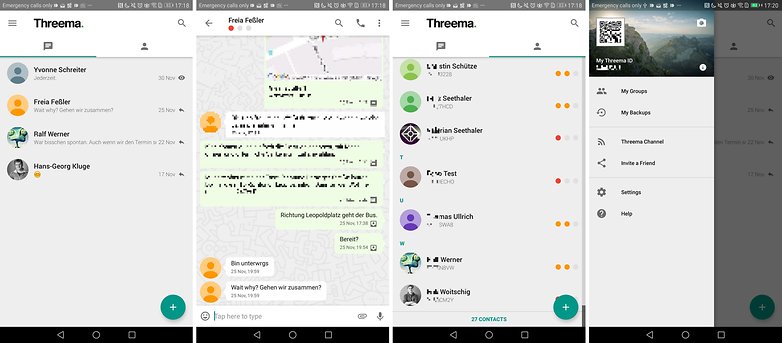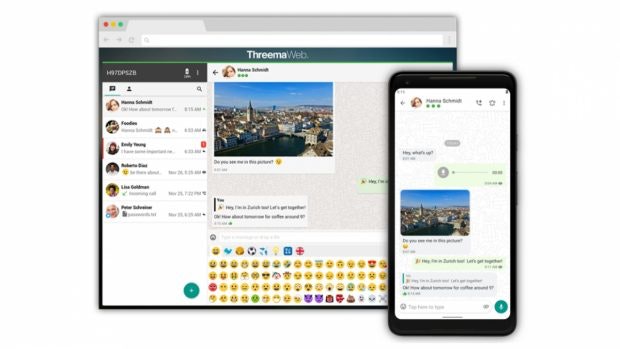

Threema also allows you to use your own user ID without sharing your phone number. Signal also offers the option to use a phone number, which can be problematic if you don’t want to disclose your number to others. Signal, on the other hand, requires you to share your phone number with recipients. Threema: Threema allows you to transfer basic user data, like contacts, to recipients. This comparison highlights some of the biggest differences between Threema and Signal. But with so many differences, it’s hard to decide which is better.

Signal also offers more advanced security features, including censorship bypass and support for MobileCoin. Threema has decentralized network technology and is immune to common server outages, while Signal uses centralized server technology with a single point of failure. Only data that’s necessary for the service operation is generated and never stored longer than technically required.While both messengers offer end-to-end encryption, they have significant differences. The system was designed from the ground up with security and metadata reduction in mind. The service is financed by the sale of the app, i.e., the users pay for the service. Threema is based on a transparent business model that’s compatible with the “Privacy by Design” credo. Thanks to these user profiles, ads can be sold at high prices because they can be targeted to specific demographics. By systematically collecting metadata and combining it with data from other services (e.g., Instagram), detailed user profiles can be created. Facebook, the owner and operator of WhatsApp, is financed by selling targeted ads and therefore has an economical interest in metadata that’s as telling as possible. Metadata is all data that’s involved in communication other than the actual content, e.g., any available information about sender and recipient, message properties, plus date and time and other circumstances of the transmission.


 0 kommentar(er)
0 kommentar(er)
